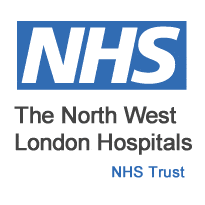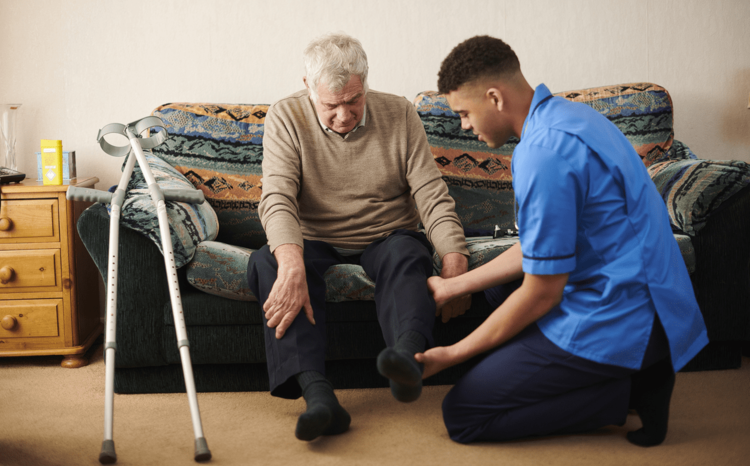NW London district nurses go mobile
- 22 December 2014

London North West Healthcare NHS Trust has introduced a mobile working solution from Vodafone for its district nurses, removing the need for them to record the same patient data twice.
The trust’s 245 district nurses previously kept paper records of their visits to patients’ homes. On return to the clinic or hospital, they would either enter the information into the trust’s RiO system themselves, or hand it to a data input clerk to enter it.
It was an inefficient and potentially error-prone process, said Yvonne Leese, director of community services at the trust.
“The end of the process is always checked by the clinician and signed off. Sometimes they would identify errors and say, ‘You've misread my handwriting’ – but all of that takes time.”
Leese said the trust was keen to modernise the service, and that commissioners supported the move towards mobile working.
It brought in Vodafone to implement a mobile working solution, using TotalMobile software on Samsung Galaxy tablets.
Gerard Traynor, IM&T programme director for the trust, said: “The key advantage of TotalMobile was that it enabled us to integrate with our RiO community system.
“The other key was the ability to work offline. It didn't entirely depend on having a 3G or 4G connection, so you can still use the device even if you're in an area that doesn't have a signal. When it gets a signal it will reconnect.”
The devices are password-protected and data is encrypted. Remote management software is used to track the devices and wipe data if they get lost.
The district nurses have been using the mobile devices since October. Although some nurses were initially cautious feedback a few weeks into implementation has been very positive, said Leese.
Nurses can use the devices to look up relevant information, she added: “Before you might not have had access to the full patient record in the patient's home, but this allows you access to up-to-date information that informs what you do and saves you time.”
Previously, work had been allocated manually via an allocation book. Now the mobile devices are used to allocate work electronically, in real time, said Leese.
“There's less likelihood of somebody going to see the wrong patient or going to see a patient when a message has come in to say they won't be at home that day because they've gone to a hospital appointment.”
The nurses are also using the tablets in other ways, such as sharing information with patients about their condition, or working out routes using the maps application.
The trust anticipated that the new system would slow the nurses down initially, said Leese, and this proved to be correct.
There was a dip in performance for the second half of October and the first part of November. “When we look back at the whole of December, we expect to see that start to come back on track,” she said.





